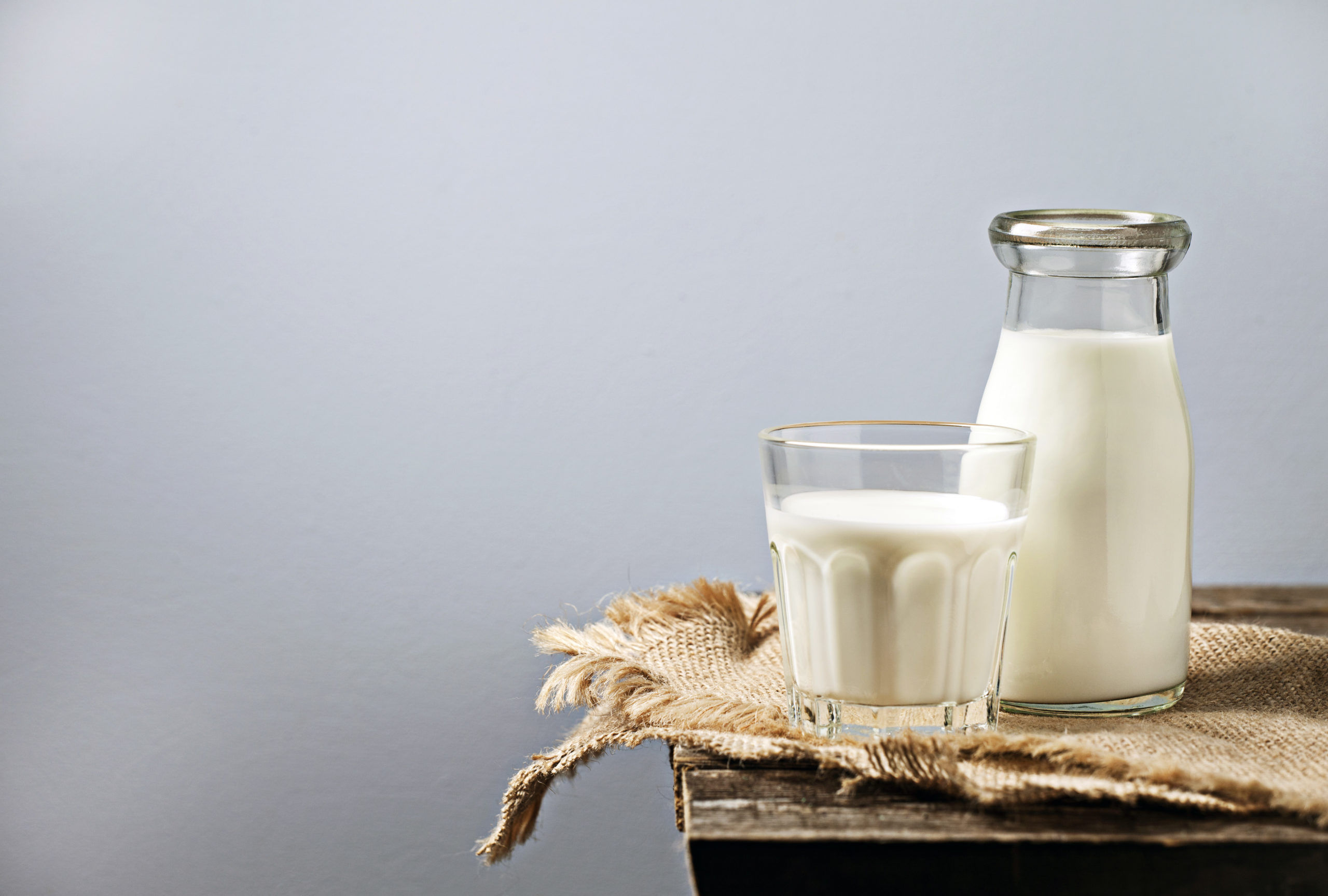Water and milk are the best choices for growing children.
The beverages children drink play a big part in their overall health. When children drink too much juice, sports drinks and soda, they may not be getting the calcium they need. Also, sugary drinks also can pile on the calories. Melinda Mahoney, a Vanderbilt registered dietitian, explains that, “Drinking sugary beverages like soda and sports drinks often contribute to excessive calorie intakes without providing any beneficial nutrients. Science has shown that eating patterns that limit added sugars are associated with a reduced risk of developing chronic disease.”
Water and milk are the best choices.
Beside having zero calories, water is a no-sugar thirst-quencher. One cup of milk has 300 milligrams of calcium, so it’s a big contributor to a child’s daily needs. Choose fat-free (skim) or low-fat (1%) milk.
The 2015 dietary guidelines for milk or equivalent dairy products or fortified soy beverages for children are:
- Ages 2 to 3 should drink 2 cups (480 milliliters) every day.
- Ages 4 through 8 should have 2½ cups (600 milliliters) per day.
- Ages 9 and older should have 3 cups (720 milliliters) per day.
Sports drinks are not for everyone.
Sports drinks are for children who participate in vigorous activity lasting longer than an hour. These drinks also contain electrolytes like sodium and potassium, which the body loses through sweat. Electrolytes are necessary to keep the body’s fluid levels in balance and for muscles to work properly. However, sports drinks are not necessary for the casual athlete and should not be consumed on a regular basis.
Stay away from sugary soda.
Helping your child to avoid drinking sugary soda is easier if you don’t bring it into your home. Try making water more exciting by adding slices of lemon, lime, cucumber or watermelon or add a splash of 100 percent juice to plain sparkling water for a refreshing, low-calorie drink. If you do allow your child a sugar-sweetened beverage as a treat, go for the small size.
“Helping your child switch from drinking sugary beverages to more water and low-fat dairy is a huge win for their health,” Mahoney says. So, maybe it is time to rethink your child’s drink.
Stacey Kendrick, MS, is a health educator with more than 20 years of experience in wellness and population health. She spent much of her career at Vanderbilt’s Faculty/Staff Wellness Program and currently works in Strategic Marketing at Vanderbilt. She is mother to two adult daughters. In her free time, she teaches healthy cooking classes, runs, gardens and enjoys backyard bonfires.

